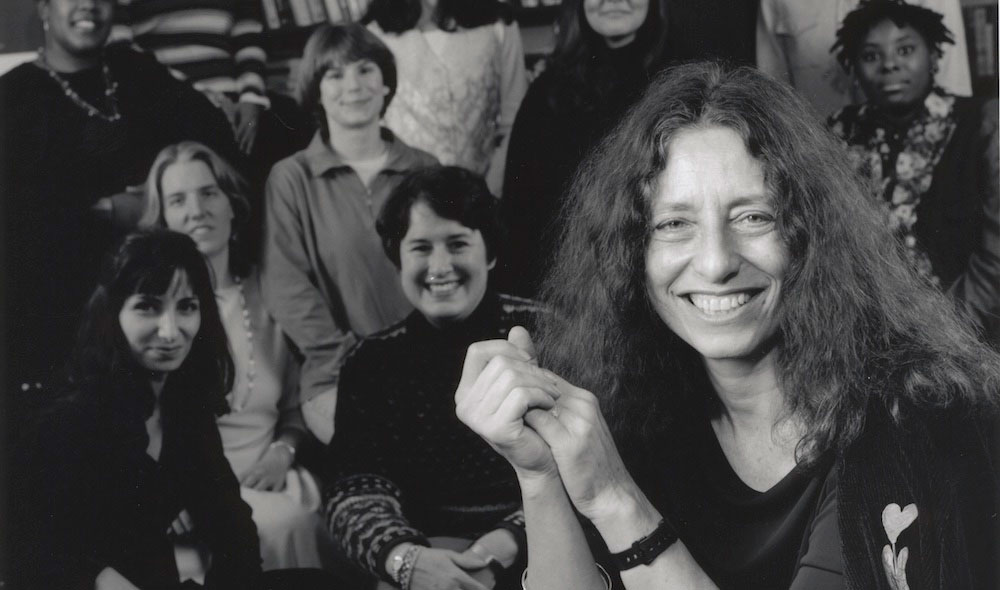

Photo: Jim Harrison
Carol Gilligan
Human Condition
4th Heinz Awards - 1998
Dr. Carol Gilligan received the 4th Heinz Award in the Human Condition category for courageously challenging long-held assumptions about human development in a way that has transformed assumptions of what it means to be human.
As an assistant professor at Harvard University during the early 1970s, Dr. Gilligan realized that most studies of psychological and moral development involved only privileged white men. Listening to women and girls, she questioned the then-common belief that men represented the standard of human behavior. In 1982, after years of research, she re-defined both women’s and men’s experience in her landmark book, In A Different Voice.
Most impressive about this work was the way it validated a range of human emotions and behaviors that had previously been attributed solely to women and treated pejoratively as “female.” By introducing women’s voices, Dr. Gilligan has been able to demonstrate that all people, including men, are fundamentally relational. In so doing, she has given society a much fuller understanding of the human condition.
It is fitting that Dr. Gilligan occupies the new, and first, Chair of Gender Studies in Harvard University’s Graduate School of Education. She did her graduate work in clinical psychology at Harvard, and it was there that she began to believe that conclusions about human psychology based only on studies of a single gender overlooked and distorted important aspects of the human experience.
Asking this question may seem obvious today, but at the time Dr. Gilligan began her career, it was highly controversial. Within her field, the scientific consensus held that findings from studies of men could be generalized to women. More broadly, there existed a concern that to argue otherwise would provide ammunition to those who opposed women’s rights and equal treatment of the sexes.
In A Different Voice was a brave and reasoned challenge to both viewpoints. She demonstrated that studies of women also illuminate the human condition, making it possible to understand the psychology of women and men in new ways and, at the same time, to think more deeply about social justice. In her thoughtful way, she transformed the discussion. Instead of focusing on questions regarding which sex was superior or better exemplified human perfection, the debate turned to the idea that evidence of differences between men and women ultimately sheds new light on long-standing psychological puzzles. In the process, she unearthed previously neglected aspects of men’s lives, demonstrating that qualities once ascribed solely to women are, in fact, basic human qualities.
Dr. Gilligan’s essays and her subsequent research and writing have shaken the foundations of the psychological and educational worlds. Further, they have moved the study of morality and gender to the forefront of academic inquiry and into the public imagination. Her willingness to revisit basic psychological assumptions continues today as she brings new questions and insights from her studies with women to the examination of boys and their journey to manhood.
Carol Gilligan’s research created a new basis for inquiry, showing that listening to different voices is fundamental to understanding the human condition. She began by posing a deceptively simple question: What are we missing by not listening to half the population? By daring to ask, she has given us all a better sense of who and what we might be.
Note: This profile was written at the time of the awards’ presentation.
